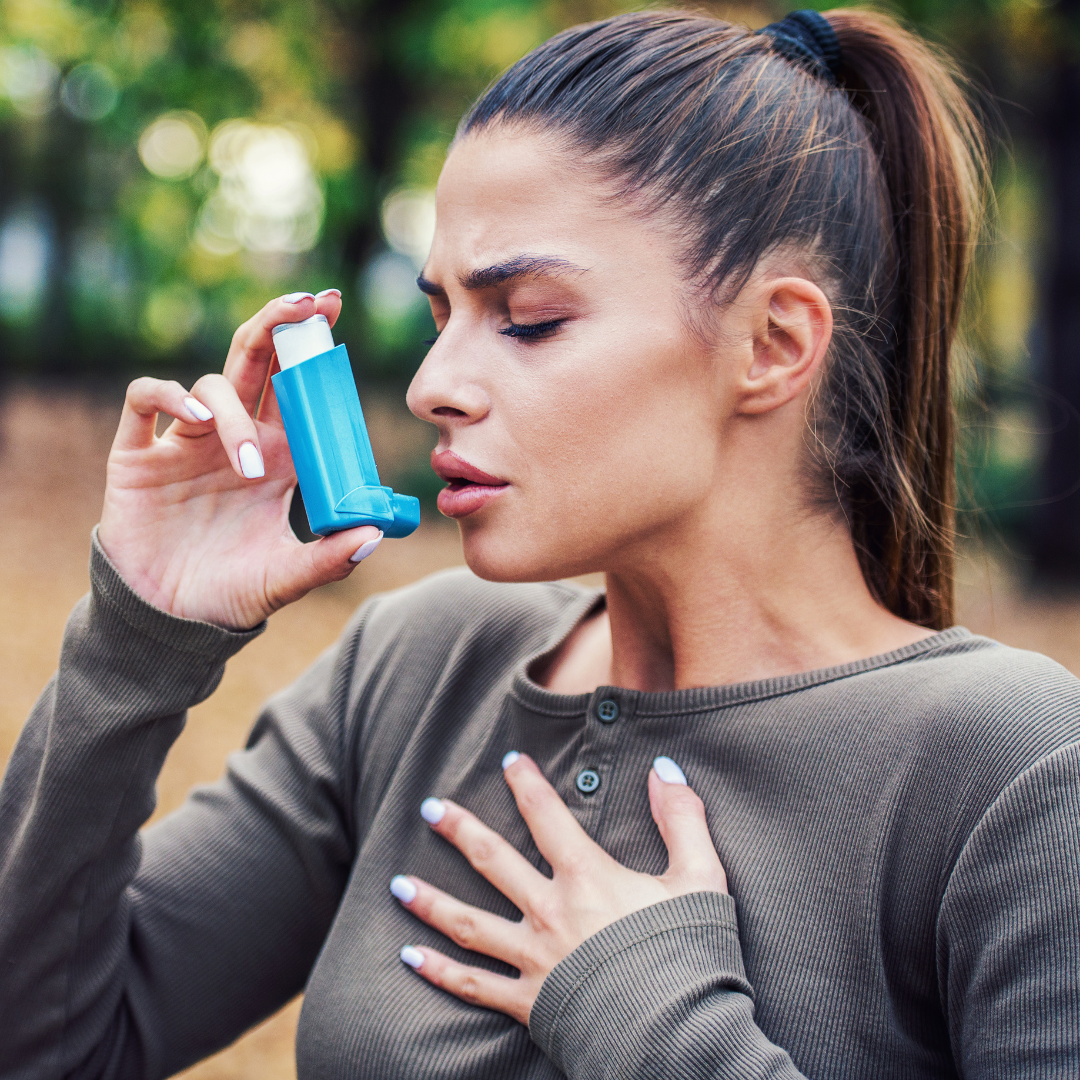Asthma Reversal

Understanding Asthma
Asthma is a chronic respiratory condition characterized by inflammation and narrowing of the airways, leading to breathing difficulties, wheezing, and coughing. This condition can range from mild to severe and may be triggered by various factors such as allergens, environmental pollutants, stress, or even changes in weather. The prevalence of asthma has been steadily increasing worldwide, affecting both children and adults.

Symptoms and Diagnosis of Asthma
Asthma is typically diagnosed based on a combination of medical history, physical examination, and lung function tests. Common symptoms include:
- Shortness of breath
- Wheezing and coughing
- Chest tightness or pain
- Difficulty in breathing, especially during physical activity or at night

Causes and Risk Factors
The exact cause of asthma remains unknown, but several factors contribute to its development:
- Genetic Predisposition: A family history of asthma or other allergic conditions.
- Environmental Factors: Exposure to allergens like pollen, dust mites, mold, or pet dander.
- Lifestyle Factors: Obesity, smoking, and poor diet may increase the risk.
- Occupational Hazards: Exposure to irritants like chemicals, fumes, or dust in the workplace.

Ayurvedic Perspective on Asthma
In Ayurveda, asthma is known as "Tamaka Shwasa," and it is primarily associated with an imbalance of the Kapha and Vata doshas. The accumulation of mucus (Kapha) in the respiratory tract, combined with the erratic movement of air (Vata), leads to obstruction and difficulty in breathing. Poor digestion and the buildup of toxins (Ama) further aggravate the condition.

Ayurvedic Approach to Treating Asthma at Kiaan Ayurveda Clinic
At Kiaan Ayurveda Clinic, we offer a holistic and personalized approach to managing asthma. Our treatments focus on balancing the doshas, strengthening the respiratory system, and eliminating toxins from the body.
Dietary Measures:
- Customized Diet Plan: Emphasizes light, warm, and easily digestible foods to balance Kapha and Vata doshas.
- Avoidance of Triggers: Identification and elimination of dietary triggers that may aggravate asthma.

Detoxification
Panchakarma Therapy: Ayurvedic detoxification procedures like Vamana (therapeutic vomiting) and Virechana (purgation) to cleanse the respiratory system and remove accumulated toxins.

Lifestyle Modifications:
- Pranayama and Breathing Exercises: Techniques to enhance lung capacity, improve breathing patterns, and reduce stress.
- Stress Management: Incorporating yoga and meditation to calm the mind and reduce anxiety, which can trigger asthma attacks.

Herbal Remedies
- Tulsi and Licorice: Natural expectorants to clear mucus from the respiratory tract.
- Haridra (Turmeric) and Vasaka: Anti-inflammatory herbs to reduce airway inflammation.
- Sitopaladi Churna: Ayurvedic formulations to strengthen the respiratory system and improve lung function.

Managing Asthma Symptoms
Our Ayurvedic treatments aim to alleviate the following symptoms associated with asthma:
- Shortness of Breath: Improving lung capacity and reducing inflammation in the airways.
- Wheezing: Clearing mucus and enhancing airflow through the respiratory tract.
- Chest Tightness: Reducing constriction in the airways and promoting relaxation.
Conclusion
Asthma is a chronic condition that requires ongoing management. At Kiaan Ayurveda Clinic, our comprehensive Ayurvedic approach addresses the root causes of asthma, providing long-term relief and improving overall respiratory health. For personalized advice and treatment, book your session with us today.
My Store
Ayurveda Consultation - OPD
Share


